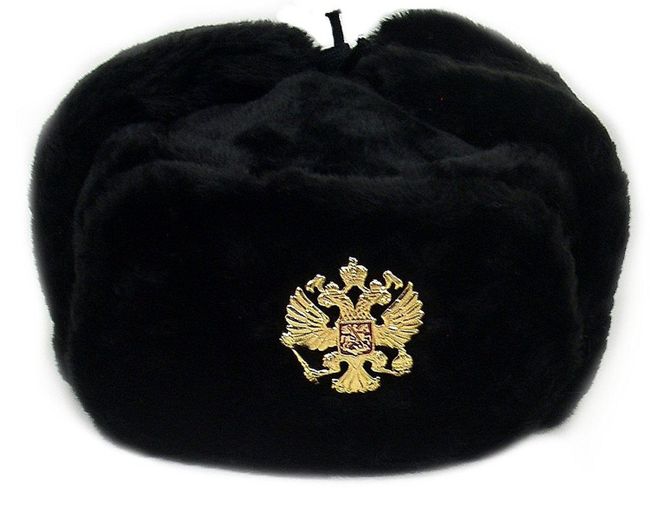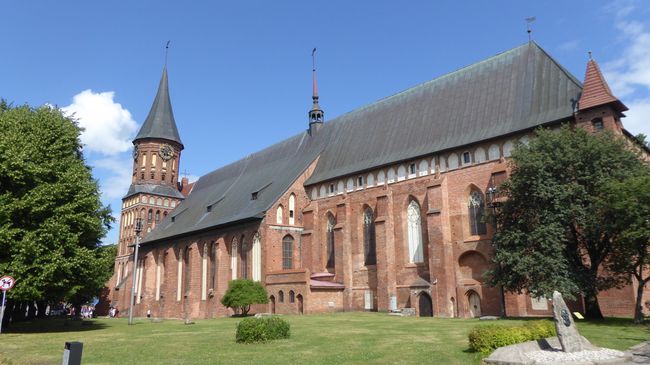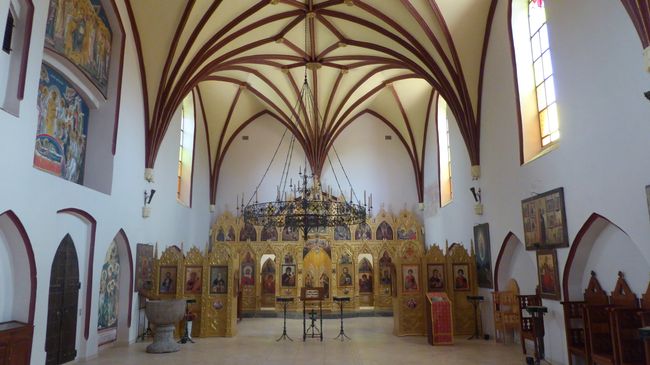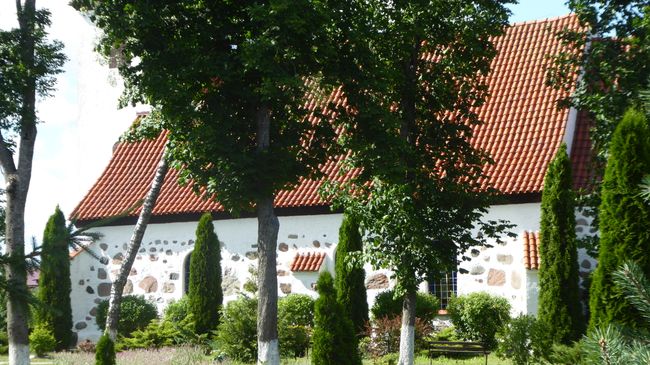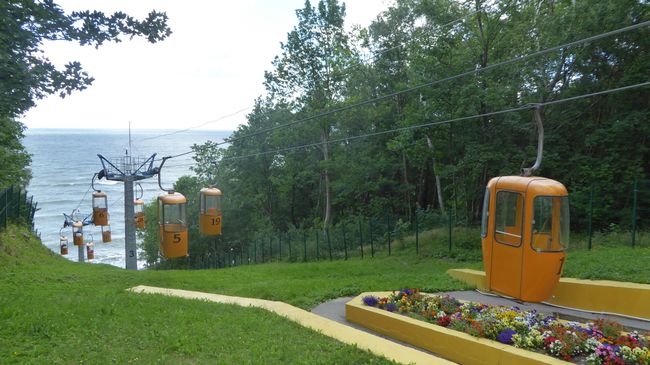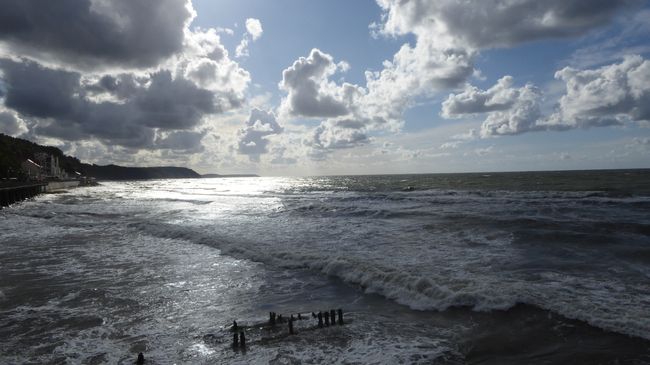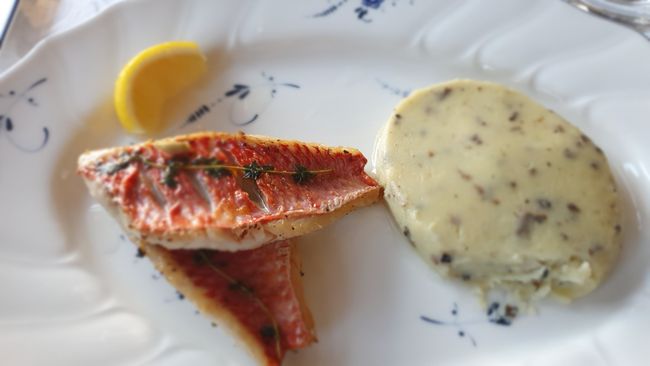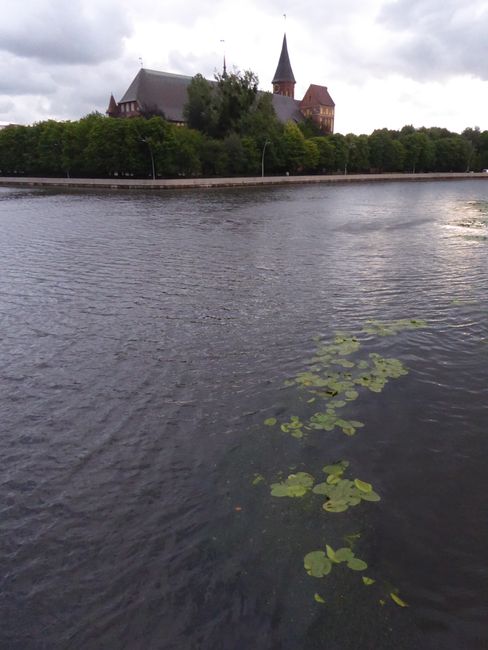Don Curry in Breakfast Hell
已發表: 03.07.2019
訂閱時事通訊
Don Curry doesn't like to have breakfast. That's no secret. He actually thinks that having 3 to 4 meals a day is quite excessive. Lunch and dinner, of course. And maybe a little something in the afternoon. But breakfast? Early in the morning? Right after getting up? When the esophagus is still dreaming of past times, the stomach is rumbling, and the intestines just want to get rid of everything from yesterday? No, thank you!
But yesterday, Don Curry's hotel asked him to choose not just one but two meals from the breakfast menu. Since there was no long drive on the agenda today, Don Curry could imagine having his compulsory breakfast at 9:00 am. Sacrificially, he went to the hotel restaurant area. A young waiter hurried towards him and asked him something in Russian. Don Curry responded with '26' because that was his room number, and he had placed two orders on that number yesterday. The waiter nodded eagerly, rushed to the reception and came back with the woman who had welcomed him yesterday and was the only one who spoke English. She translated the waiter's question: 'Coffee or tea?' 'Coffee,' answered Don Curry and decided to expand his knowledge of Russian to at least 10 words. The receptionist also instructed him to help himself to the breakfast buffet. The buffet took up less than a square meter and was by no means necessary given the pre-ordered dishes. So Don Curry only took a cheese stick, a few cucumber slices, and tomato pieces.
Then came the coffee, strong and bitter; and then the pre-ordered breakfast dishes: a mighty, thick piece of onion cake with sour cream, and a plate of oatmeal with nuts and berries, prepared with plenty of cream. Don Curry has to admit that both were not bad tasting - they were actually extremely delicious, but every bite, every spoonful was a real struggle. In between, he ordered a second bitter coffee and managed to finish both portions. Stuffed, immobile, soaked in calories, he went to the car to start his explorations in the east and north of the Kaliningrad region today, but the car was blocked. Although the owner of the Russian Lada had placed a sign with his bold-printed cellphone number behind the windshield, Don Curry was afraid that he would not be able to make himself understood sufficiently with 'Good day,' 'Thank you,' and 'Goodbye' in this situation.
So he gratefully accepted the hint of fate to make up for the postponed cathedral visit. However, his first way led him to the grave of the great thinker Immanuel Kant, which was attached to the outside of the cathedral and was also revered during Soviet times. To this day, it is customary for every bridal couple to leave a fresh bouquet of flowers at the father of the 'categorical imperative.' Probably even Kant himself could not have imagined that he would become a popular lucky charm.

However, luck was not lacking for Don Curry: in front of the cathedral, masses of young people and their parents and grandparents had gathered. Presumably, there was a graduation ceremony taking place, so a visit to the cathedral was temporarily excluded. Don Curry took it with a well-satiated composure, found a bench in the bright sunlight, and simply started to sit. Was this already a breakfast coma? No matter, Don Curry lived in the moment and devoted himself to digesting his breakfast.
After nearly 2 hours of drowsy idleness on the sun lounger, the cathedral and its forecourt were still filled with young people and their relatives, his car was still blocked, and the post-breakfast trauma in his intestines was still demotivating. Don Curry retreated to his room and indulged in an extensive breakfast nap at lunchtime.
When he woke up, the situation had fundamentally changed: the feeling of fullness had disappeared, his car was no longer blocked, and the crowd around the cathedral had dispersed. Full of newly rekindled energy, he decided to explore the surroundings of Kaliningrad. His first destination was just beyond the city limits. On the outskirts of the village of Rodniki and very close to the Pregel River stood - as if by magic - a Gothic brick church from the time of the Teutonic Knights. Although it was hardly damaged during the war, it suffered greatly from decades of neglect, which greatly affected its structure. It became famous mainly because of extensive medieval wall frescoes inside, and these frescoes gradually fell victim to cold and moisture. At some point, the Russian Orthodox Church took over this former jewel, thoroughly renovated it, and redesigned the interior according to the Orthodox liturgy: the iconostasis and many other icons and decorative elements now cover most of the remaining fresco fragments. However, at least the building was saved in this way and even became a popular destination for boat trips from Kaliningrad.
Don Curry did not come by boat but rather by his usual four wheels, parked his car, and headed towards the Catherine Church, which looked very neat from the outside. The entire area around the church was in a meticulously maintained condition, with flower beds, some folk wooden and stone sculptures, and brightly painted houses on the edge of the area. A heavily bearded man - presumably the responsible priest - was engrossed in a conversation with a woman, but he called out to Don Curry. Don Curry asked his standard question about English language skills, which the priest clearly answered in the negative. But he asked again in Russian and at the same time made the unmistakable gesture of unlocking. Don Curry nodded with delight - and thus a rather silent but gestures-rich encounter and genuine communication took place.
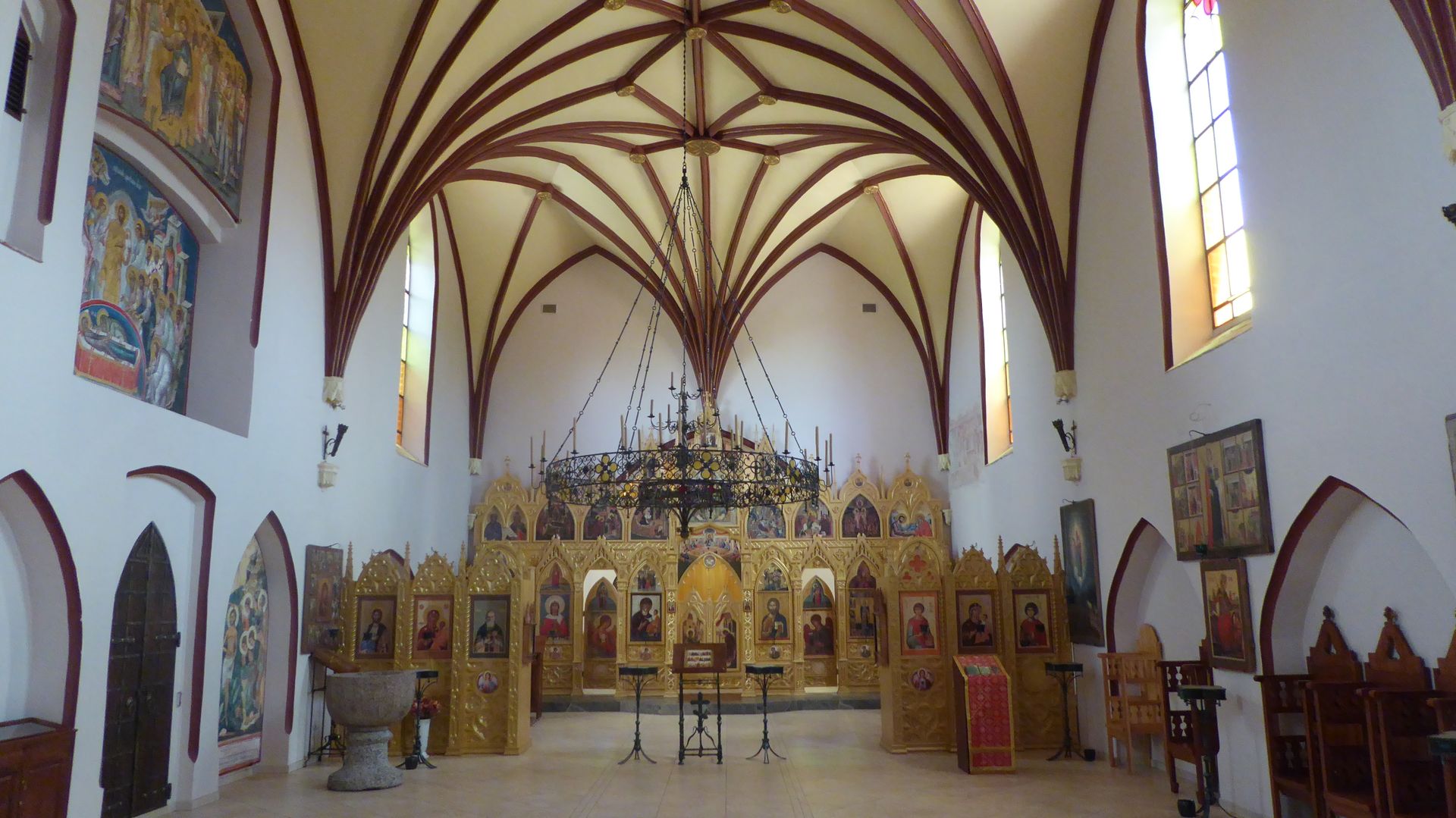
The priest said goodbye to the woman, fetched the key, and gave Don Curry access to the interior of the Catherine Church. He saw a very bright and almost modern-looking room. A clearly quite new iconostasis made of light wood was by far the most striking piece of furniture. But the other icons on the walls, the large cross, the stands for the candles - all of this seemed as if it were purchased directly from the store. Meanwhile, the priest guided Don Curry to two places on the wall where some remnants of the original frescoes were still left - albeit very faded. Don Curry asked silently if he could take pictures, and the priest enthusiastically nodded and with a sweeping motion, gave permission to photograph the entire church. Then he brought a Russian book about the church, showed Don Curry photos of the original state before the war, expressed his regret about the consequences of the war, and then turned the pages to show pictures of the dilapidated state before the renovation. He concluded his clever silent overview of the local church history with magnificent photos of the re-dedication in 2017 as an Orthodox church. Don Curry expressed his joy and gratitude for the spontaneous church tour with facial expressions and gestures and wanted to give the priest a banknote. But he refused and pointed to a donation box on the wall. His arm movement made it clear that Don Curry's contribution would go towards the further preservation of the church. With a Russian 'Goodbye,' Don Curry said goodbye to his unexpected guide and drove towards his next destination, the medieval church of Uschaschowo.
This church - as Don Curry had read - had been perfectly restored and given its new purpose as an Orthodox village church. It was located right in the middle of a tiny settlement, which consisted of just a ring road around the church. Whitewashed walls stood out from the rest of the houses from afar; the natural stones in the walls gave the church a truly archaic impression. Unfortunately, Don Curry could not get any closer. The church grounds were already securely fenced, the only door in the fence was locked, and there was no human in sight who might be a friendly priest with a key. So Don Curry could only take a few photos from a distance and returned to Kaliningrad.
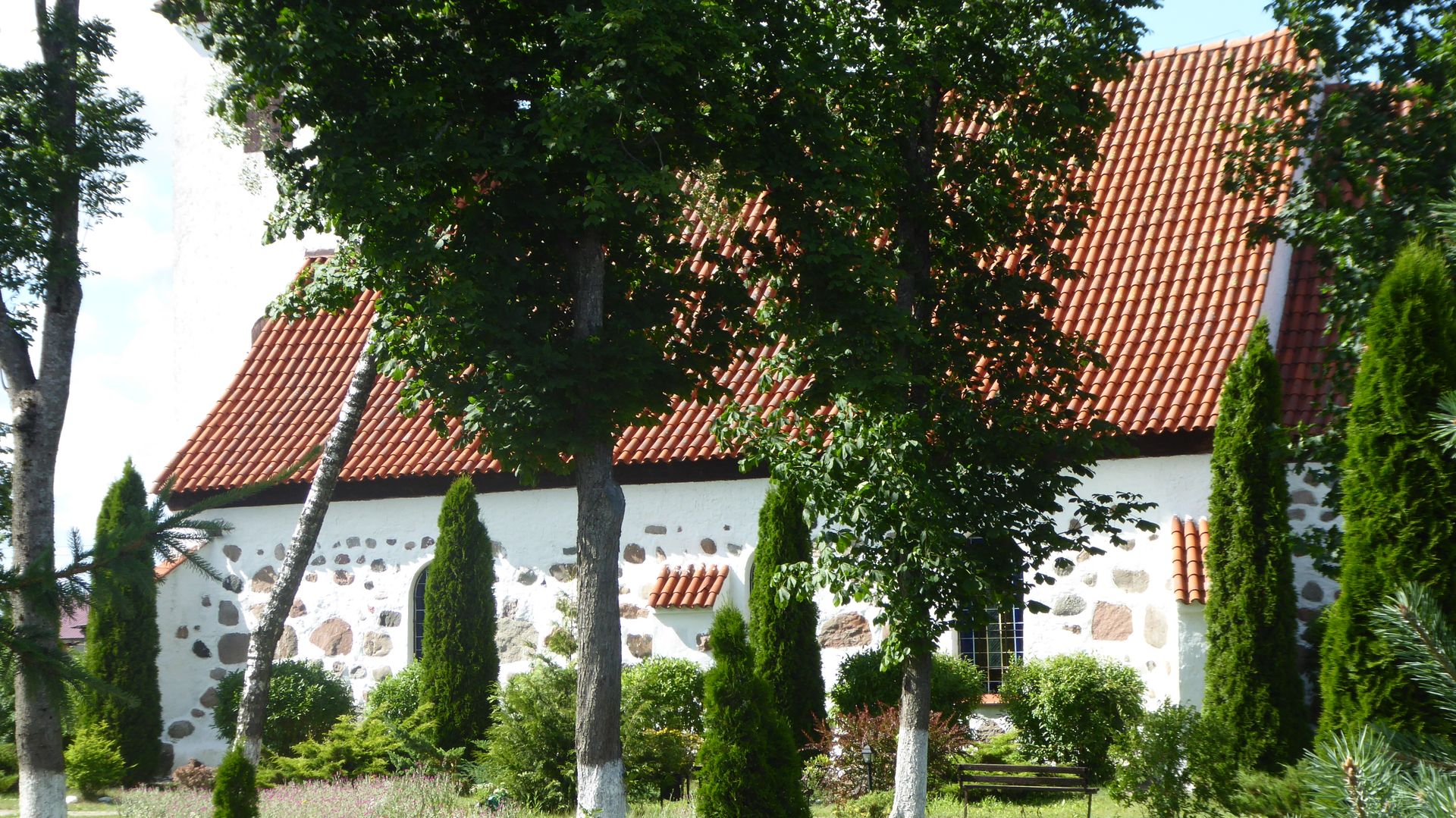
His next destination was supposed to be the Baltic Sea coast, more precisely the former beach resort Rauschen, now Swetlogorsk. When he reached the coastal district, Don Curry regretted his breakfast coma: he would have liked to spend more time here. In the midst of a park-like landscape with many old trees, numerous magnificent and colorfully accentuated villas, mostly made of wood and in remarkably good condition, emerged. Rauschen had always been more of a resort for the high society rather than mass tourism. Those who could afford a villa here had made something of themselves in life. It seemed that nothing had changed in that regard.
Since it was already 5:00 pm, Don Curry had to limit himself to the beach promenade. This promenade had two real peculiarities. It had always been located at the foot of a mighty cliff, so there were only a few access points to the promenade; and since a devastating storm surge in 2005, there was no more beach, and even a part of the promenade fell victim to the forces of nature. Nevertheless, numerous visitors still stroll along the sea and enjoy the diverse culinary offerings - from snack bars to the gourmet restaurant of a newly built luxury hotel.
Don Curry still had no appetite for any form of culinary delight. He simply parked his car on a road near the cliffs and soon spotted a sign pointing to a cable car. Even in the time of the Kaiser, a cable car had been the easiest connection between the town and the beach. During the Soviet era, a new cable car was built. When Don Curry saw the tiny, squeaky yellow cabins, he decided not to think about whether he should trust such a Soviet-made means of transport. He bravely went to the ticket counter and bought a ticket. 'Round trip?' the cashier asked in slightly accented German. Pleasantly surprised, Don Curry confirmed, paid a total of 100 rubles (= €1.40), and thanked her in German. He would have liked to find out whether the woman had German-East Prussian roots or whether she simply wanted to help German tourists, but the cabin attendant was already signaling him.
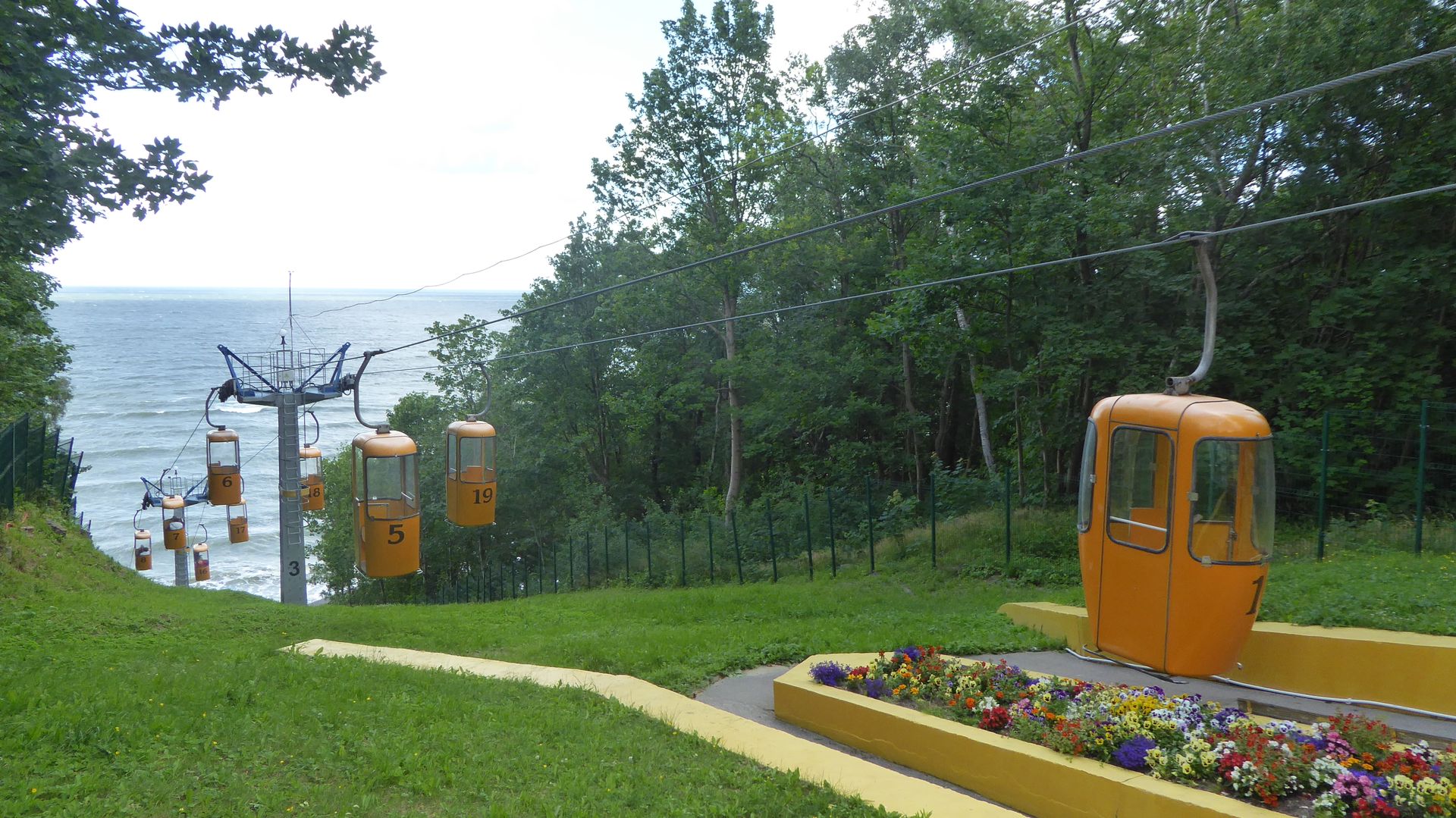
Don Curry squeezed himself into one of the cabins, where he could just sit, but by no means stand upright. It went downhill with provocative slowness, getting closer and closer to the Baltic Sea, whose powerful roar became louder and louder. Was that the reason for the German name of the place? The Baltic Sea did indeed behave here like a rather wild sea, surging with high waves towards the promenade. Don Curry enjoyed the primal force of nature, along with the mild but still warming light of the evening sun.

After nearly an hour of resting and strolling along the promenade, he surrendered to the tantalizingly slow return journey by cable car, got into his car, and wanted to return to Kaliningrad. But he had one more adventure planned for today: he needed to refuel. He had already learned during his trip to Ukraine that in the easternmost part of Europe, you pay first and then fill up, unlike what he was used to. So he drove to his trusted gas pump, went directly to the cashier in the gas station building, told her the number of the pump in Russian, and paid 2500 rubles (= €35). Then he returned to the pump, filled up his tank, and noticed that he had paid too much; so he went back to the cashier, who was already looking for the excess money. The full tank had cost Don Curry a total of €28, and the price of super gasoline was €0.67 per liter. Why is Russia so far away that a trip for a full tank doesn't seem profitable at all?
Back in Kaliningrad, Don Curry realized that even the most lavish breakfast doesn't last the whole day. His stomach actually expressed a desire to work. Don Curry had already found out in advance that an exclusive fish restaurant had established itself almost right next to his hotel. After an hour by the sea, this seemed quite appropriate to him. When he entered the establishment, its exclusivity became more than evident. Three employees immediately pounced on Don Curry, took his jacket, chatted in polished English, and escorted him to a table right by the Pregel River - with a view of the cathedral. Don Curry felt flattered, but there was definitely no shortage of available seats at the moment; only one other table was occupied.
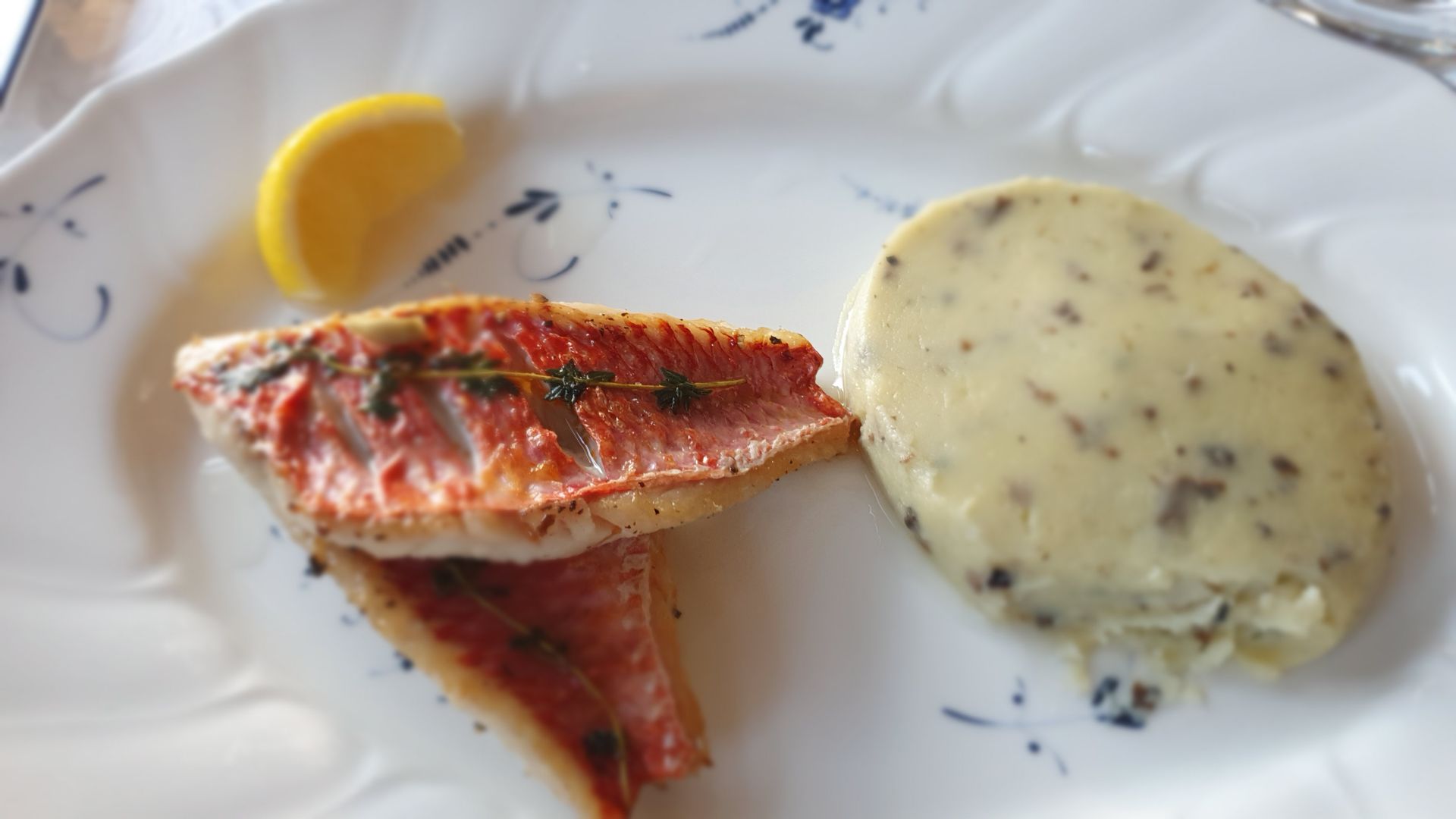
From the extensive multi-lingual menu, Don Curry chose a crab meat gunkan with homemade wasabi, followed by grilled striped sea bass with truffle potato puree, accompanied by a glass of Chablis. Genuine professionals were at work in the kitchen: Both the cucumber-wrapped sushi-style dish and the red-skinned, perfectly grilled fish fillet left nothing to be desired. Such exclusive delights also came with exclusive prices, which for Russian standards were basically astronomical. But Don Curry had eaten more expensive meals before, and after the forced quantity breakfast, the self-chosen quality dinner was also a kind of compensation. Don Curry was satisfied.
Upon returning to the hotel, the receptionist waved a very special note at the sight of Don Curry. He had suspected it, but tried to suppress it until now: he had to pre-order his breakfast for tomorrow. Two dishes!
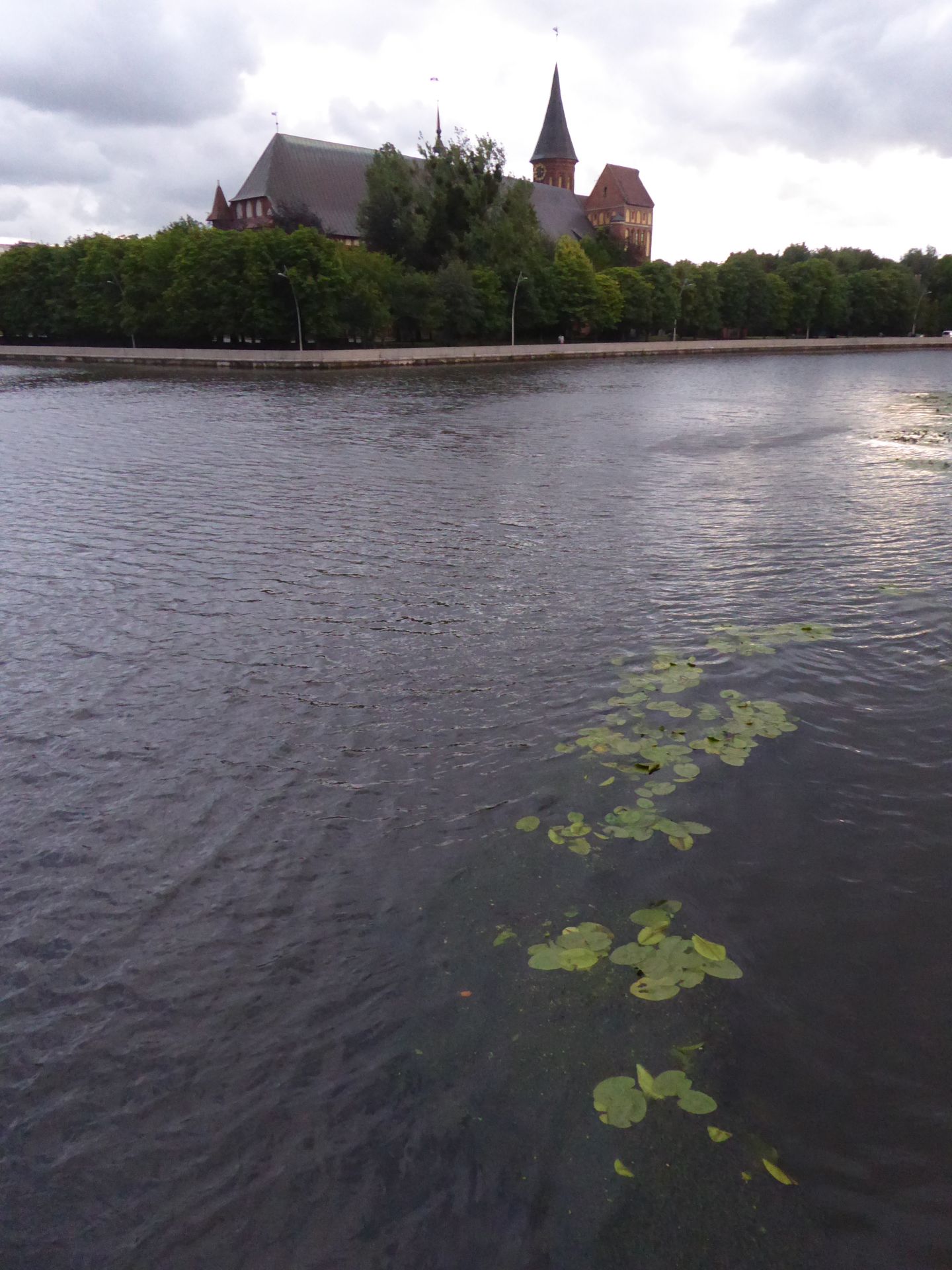
訂閱時事通訊
回答
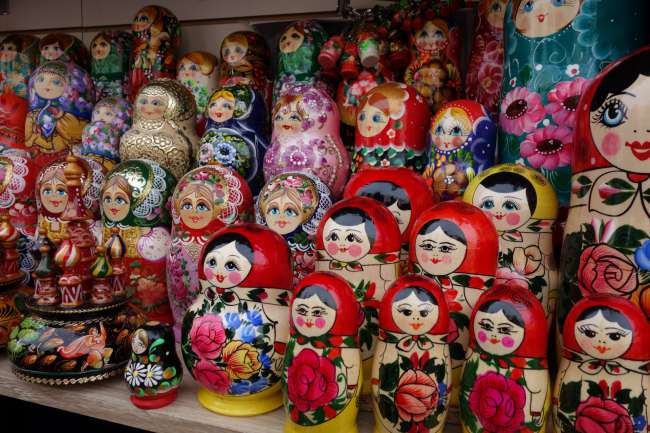
旅遊報告俄羅斯聯邦

